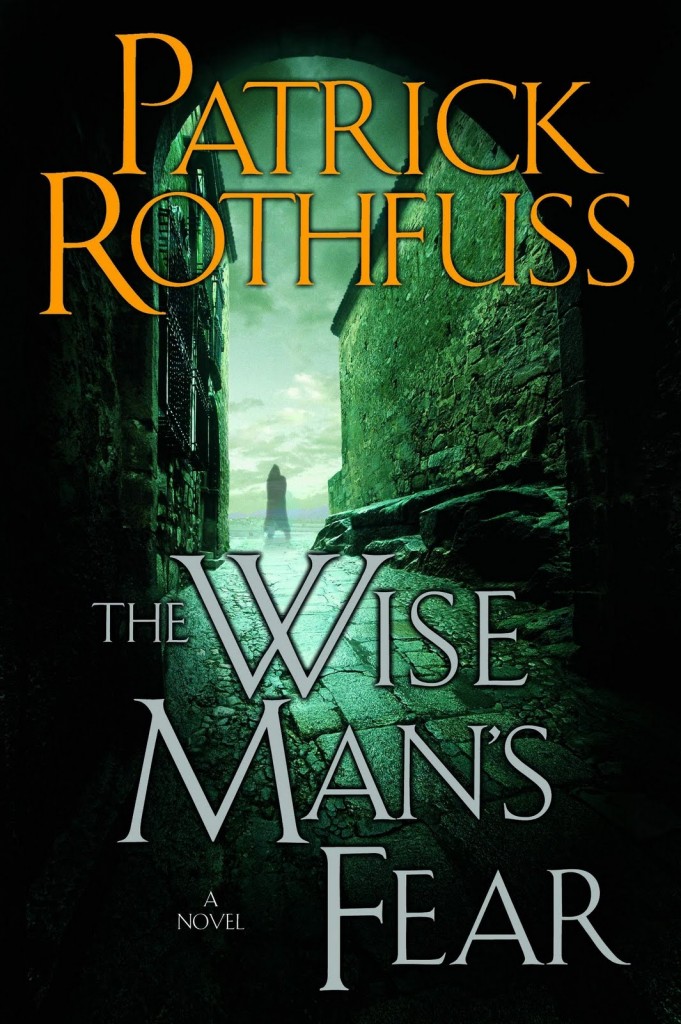
In the seventh chapter of A Prayer for Owen Meany, Owen’s life continues to parallel that of Jesus: Because of Owen’s attacks on the establishment, especially the hypocrisy of the new headmaster. Owen is brought before the Sanhedrin –he is called irreverent (289) and anti-religious (409, 413). Eventually Owen’s enemies “crucified him” (398-99) after being passed between the Academy’s chaplain and psychologist—Herod and Pilot, if you will.
Belief in a Secular Context
Owen has a recurring dream. We don’t know the specifics, but Owen understands it as a divinely inspired “vision.” Predictably, to the more secular Johnny, it’s “just a dream.” Typical of the Modern secular mind, Wheelwright sees faith in opposition to reason. Because of this, it is not possible for him to have faith, or understand that of Owen. All the other characters of the novel share Johnny’s opinion (Dan Needham, Harriet Wheelwright, Hester, Pastor Merrill, and Father Findley), and for the same reason.
The dispute between Owen and Johnny on the issue of belief is the same in our culture at large. According to Charles Taylor, there is little argument as to whether there is an immanent reality or not. What is disputable is whether it lies within a transcendent one. According to Taylor, the material world “allows of both readings, without compelling us to either” (Taylor 550).
Because the material reality allows for both, taking a position on whether or not there is also a supernatural realm requires a ‘leap of faith.’ The particular direction we chose to leap is dictated by “our over-all personal take on . . . life” (Taylor 550). However, our “take” can change through experience. This is conversion.
Conversion
Taylor describes two types of conversions. The first type is a “seemingly self-authenticating experience” and the second comes about more indirectly through those whose experience is more direct. Owen’s conversion is of the first order and Johnny’s is of the second.
It becomes more and more clear that Owen, like most theists to one degree or another, believes the events of his life a following a divine plan. Like a good secular modernist, John Wheelwright believes in free will; he believes that ones choices or chance govern the universe. “Disbelief is hard in the enchanted world” (Taylor 41); because Owen lives in such a world, it is far easier to be a believer, but Johnny, who experiences the world as disenchanted, was continuously puzzled by Owen’s faith. Irving makes it clear that choosing between these two is extremely difficult; he consistently problematizes both views.
Faith and Doubt
Irving insures an ambiguity between faith and doubt by “giving us access to Owen only through Johnny’s second hand narration, rather than the direct evidence on which Owen’s own faith is based” (Haynes 78).
With this narrative device, Irving undercuts both belief and unbelief and maintains a non-didactic stance. This is seen in one of the novel’s major story lines—the search for the identity of Johnny Wheelwright’s biological father. Unbelief, or faith in rationalistic explanation, is undercut in the elaborate investigation of this paternal mystery. Pursuit of the facts takes the boys down various avenues all of which turn out to be far from the truth. By keeping both paths ambiguous, Irving is consistent with Taylor’s assertion that we have no compulsion to choose one over the other.
Owen’s faith arises from a combination of that which underlies the “UNSPEAKABLE OUTRAGE” and the hitting the foul ball which kills Tabitha Wheelwright. “The first of these events determines Owen’s religious interpretation of the second” (Eisenstien 7).
This fusion is not “rational”; it is believed as a leap of faith. The fusion amounts to a direct encounter with God and once it is believed, other things follow which are equally irrational but do not require another leap of faith.
Owen sees the inseparability of material and transcendent realities as having a real bearing on his life. His voice and diminutive size, his obsession with “the shot,” the regular return to the image of armlessness, his vision of the date on the tombstone in the play, and his recurring dream are all informed by his belief in the fusion of the transcendent and the immanent—he has an integrative and incarnational view of reality.
Importantly, the leap of faith toward unbelief follows the same path. Unbelief in the transcendent is also non-rational. Once it is believed that no god exists, other things follow which are equally irrational but do not require another leap of faith.
Recognizing that faith need not always align with reason, Owen asserts “YOU CAN’T PROVE A MIRACLE” (272). “REAL MIRACLES AREN’T ANYTHING YOU CAN SEE—THEY’RE THINGS YOU HAVE TO BELIEVE WITHOUT SEEING (309). On the other hand, he doesn’t believe everything that pops into his head; “FAITH IS A LITTLE MORE SELECTIVE THAN THAT” (472). Because Owen’s faith is incarnational, he is not so focused on either faith or reason, but on the purpose of his life in which each event or action has meaning.
In A Prayer for Owen Meany, the battle is not between faith and reason; it’s between meaning and meaninglessness, purpose and purposelessness.
[click_to_tweet tweet=”In A Prayer for Owen Meany, the battle is not between faith and reason; it’s between meaning and meaninglessness, purpose and purposelessness. #OwenMeany #APrayerforOwenMeany” quote=”In A Prayer for Owen Meany, the battle is not between faith and reason; it’s between meaning and meaninglessness, purpose and purposelessness. “]
Other resources:
Sykes, John. “Christian Apologetic Uses of the Grotesque in John Irving and Flannery O. Connor.” Literature and Theology 10.1 (1996) : 58-67.
Eisenstein, Paul. “On the Ethics of Sanctified Sacrifice: John Irving’s A Prayer for Owen Meany.” Literature Interpretation Theory 17 (2006): 1-21.
Haynes, Stephen. “Footsteps of Ann Hutchinson and Frederick Buechner: A Religious Reading of John Irving’s A Prayer for Owen Meany.” Religion and Literature. 27.3 (1995): 73-98.


